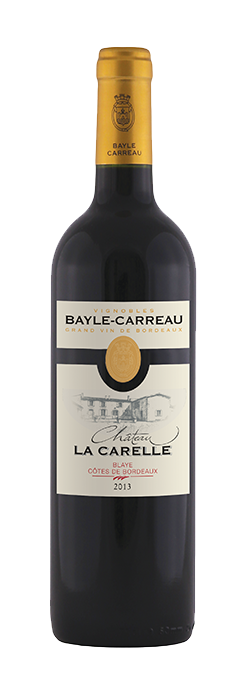

A supple and delicate wine
Château La Carelle sits in the heart of the Blaye region and has been operated by the Bayle family since the late 19th century. Unlike other vineyards, the manor house and the different cellars are located directly opposite the village’s in the centre of St. Paul. The vineyard is located one kilometre further west on sandy clay soil.
This geological specificity provides two advantages: the soil is more easily tilled, which is important for our sustainable farming approach, and grapes can develop complex aromas and a lighter tannic structure.
TASTING RESULTS
Reflecting its soil, Château La Carelle is a smooth and harmonious wine. It has lovely blackcurrant and raspberry overtones on the bouquet and an attractive, light tannic structure on the palate.
OUR CULINARY ADVICE
Well-balanced and sophisticated, Château La Carelle marries well with white meat, fish and delicate cheeses. Subtle and feminine, this wine is easy to relate to, and is surprisingly good either on its own or with everyday food.
Château La Carelle 2011 : Silver Medal – Concours de Bordeaux 2012
Château La Carelle 2013 : Gold Medal – Concours de Mâcon 2015
Château La Carelle 2014 : Silver Medal – Concours des Vins Féminalise 2016
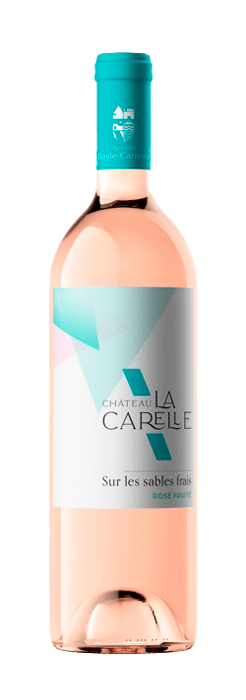
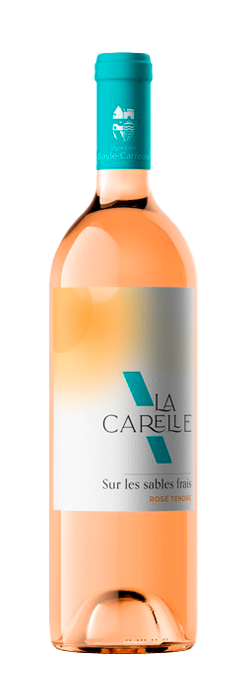
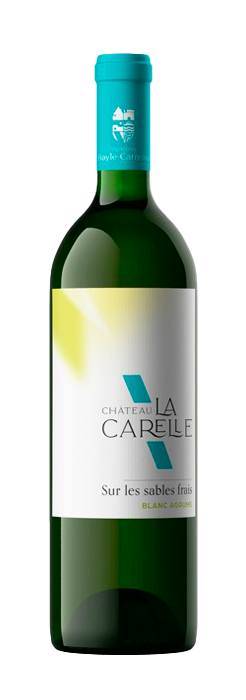
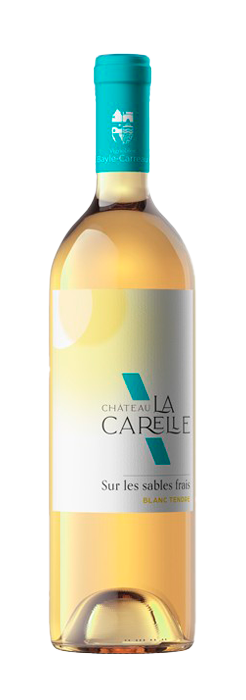
Château La Carelle sits in the heart of the Blaye region and has been operated by the Bayle family since the late 19th century. Unlike other vineyards, the manor house and the different cellars are located directly opposite the village’s in the centre of St. Paul. The vineyard is located one kilometre further west on sandy clay soil.
This geological specificity provides two advantages: the soil is more easily tilled, which is important for our sustainable farming approach, and grapes can develop complex aromas and a lighter tannic structure.





